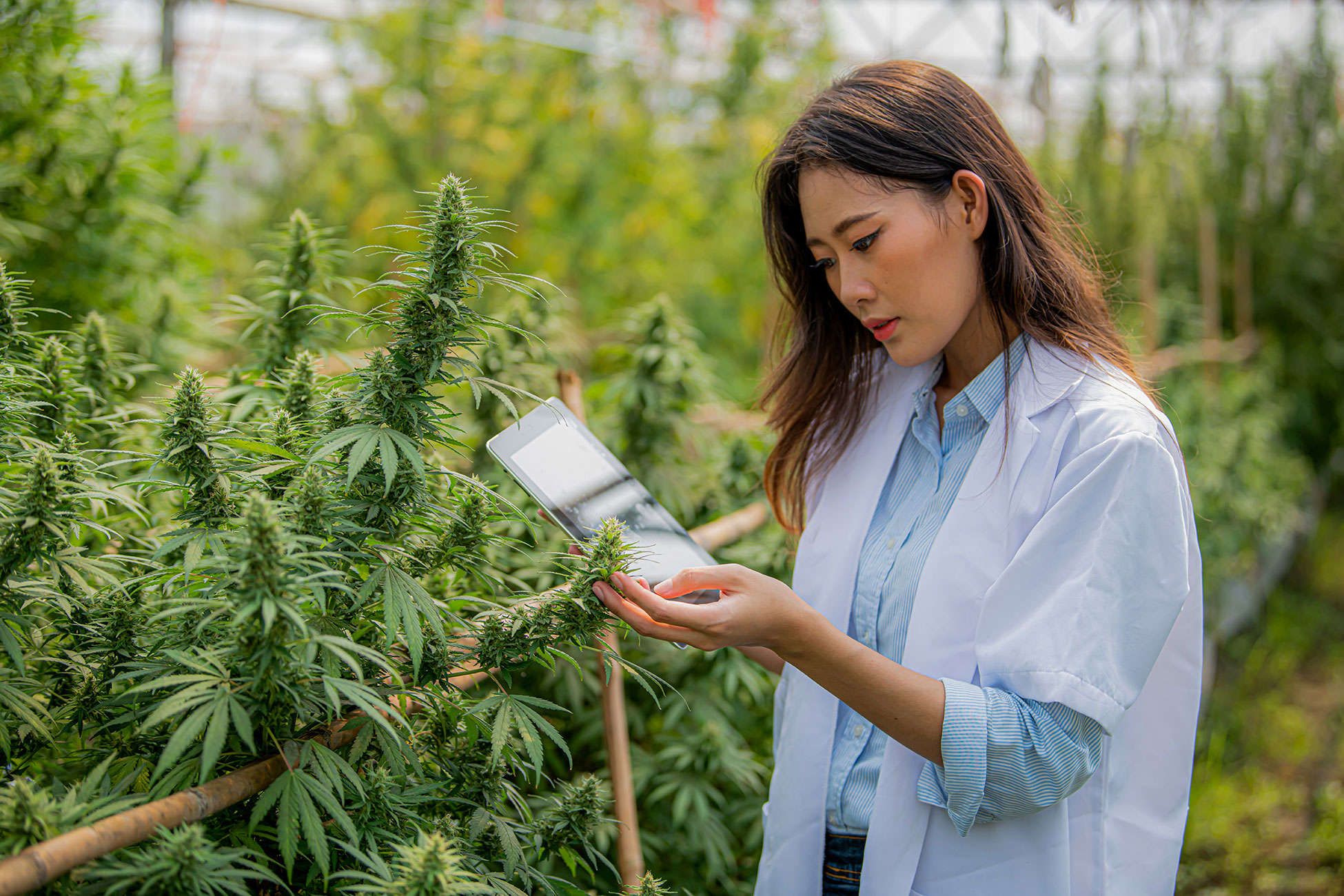Hemp Oil vs CBD Oil: Unraveling the Distinctions

Welcome, curious minds, as we delve into the fascinating realm of hemp oil and CBD oil. In this enlightening blog post, we will embark on a journey to unravel the distinctions between these two popular products. So, grab a cup of tea, find a comfortable spot, and prepare to navigate the labyrinth of botanical wonders with us.
The Plant Kingdom’s Gift: Hemp and Cannabis
Let us start by exploring the source of both hemp oil and CBD oil: the Cannabis sativa plant. Cannabis, a diverse and ancient botanical wonder, comprises various strains, including hemp and marijuana. Although they belong to the same plant family, these strains have different chemical compositions and purposes.
Hemp: Versatility and Industrial Applications
Hemp, the non-intoxicating strain of Cannabis sativa, has been cultivated for centuries for its versatility. From textiles and paper to food products and biofuels, hemp has countless industrial applications. Hemp oil, often referred to as hempseed oil, is derived from the seeds of the hemp plant through cold-pressing, resulting in a nutrient-rich oil with numerous benefits.
Understanding Hemp Oil
Hemp oil is prized for its rich nutritional profile, boasting an optimal balance of omega-3 and omega-6 fatty acids. This oil is also a great source of vitamins, minerals, and antioxidants, making it a valuable addition to a healthy lifestyle. However, it’s important to note that hemp oil does not contain significant amounts of cannabidiol (CBD), the compound that has garnered much attention for its potential therapeutic properties.
Enter the Cannabinoid Revolution: CBD Oil
CBD oil, on the other hand, is derived from the flowers, leaves, and stalks of the hemp plant, specifically bred to contain high levels of CBD. Cannabidiol, one of the many cannabinoids found in Cannabis sativa, has gained popularity for its potential wellness benefits. Unlike tetrahydrocannabinol (THC), the psychoactive compound responsible for the “high” associated with marijuana, CBD does not produce intoxicating effects.
Differentiating CBD Oil
CBD oil extraction involves various methods, including CO2 extraction, ethanol extraction, or solvent extraction. The resulting oil contains high concentrations of CBD, along with trace amounts of other cannabinoids, terpenes, and beneficial compounds. This rich chemical composition is believed to interact with the body’s endocannabinoid system, contributing to potential health advantages such as stress relief, pain management, and improved sleep quality.
Legal Considerations
Now, let us touch upon the legal landscape surrounding hemp oil and CBD oil. In many countries, hemp-derived CBD oil with negligible levels of THC is legal, thanks to the passage of the 2018 Farm Bill in the United States, for instance. However, regulations can vary, so it’s crucial to be aware of the legal framework in your specific jurisdiction.
Choosing the Right Product
When selecting between hemp oil and CBD oil, it’s important to understand your needs and desired effects. If you are seeking a nutrient-dense oil to support your overall well-being, hemp oil might be the ideal choice. On the other hand, if you are looking for potential therapeutic benefits associated with CBD, then CBD oil would be the appropriate option.
Conclusion
As our journey through the realms of hemp oil and CBD oil comes to an end, we hope you have gained a clearer understanding of their distinct characteristics. Hemp oil, with its rich nutritional profile, offers a wealth of benefits for a healthy lifestyle. Meanwhile, CBD oil, with its potential therapeutic properties, provides an alternative avenue for those seeking wellness support.
Remember, dear readers, knowledge is power. Educate yourself about these products, consult with experts, and make informed decisions.